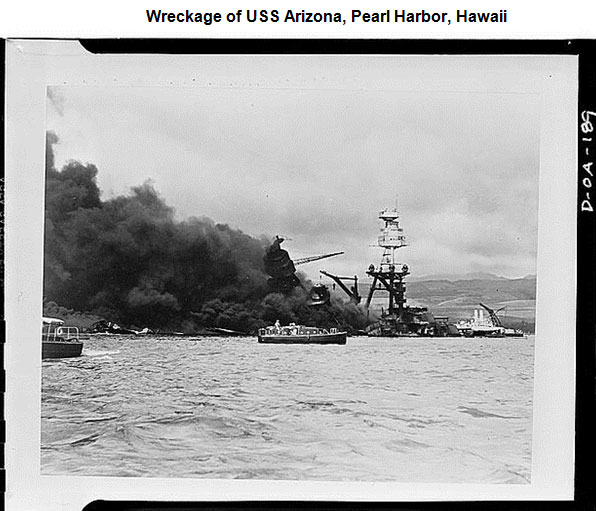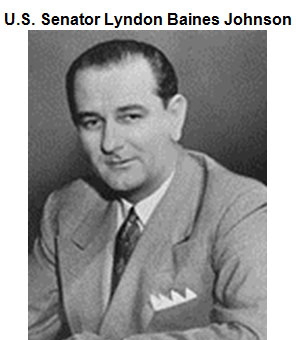
Source: 8e09026r, Office for Emergency Management, Library of Congress
The economic crisis of the 1930s had a global impact. The crisis in the United States paled in comparison to the economic collapse in many other parts of the world. People were suffering and looking for new leadership. This led to political changes in Europe and Asia. Adolf Hitler became a dictator and leader of the Axis Powers. As nations competed for power and developed alliances, a world war eventually started. As war broke out in 1939, the United States tried to avoid conflict. Because of the political and economic power of the United States, it was impossible to stay neutral.

Source: 8e09026r, Office for Emergency Management, Library of Congress
Japan attacked the United States at Pearl Harbor naval base on December 7, 1941. The United States was now at war. The next step was for the country to mobilize, get ready to take action. Millions of Americans, men and women, joined the armed forces. At the time of the U.S. entry into the war, Texas was not heavily populated. However, nearly 800,000 service men and women came from Texas.

Source: LBJLeader, United States Senate
U.S. Senator Lyndon Baines Johnson, born in Stonewall, Texas, was the first member of Congress to enlist in the armed forces after the Japanese attacked Pearl Harbor.